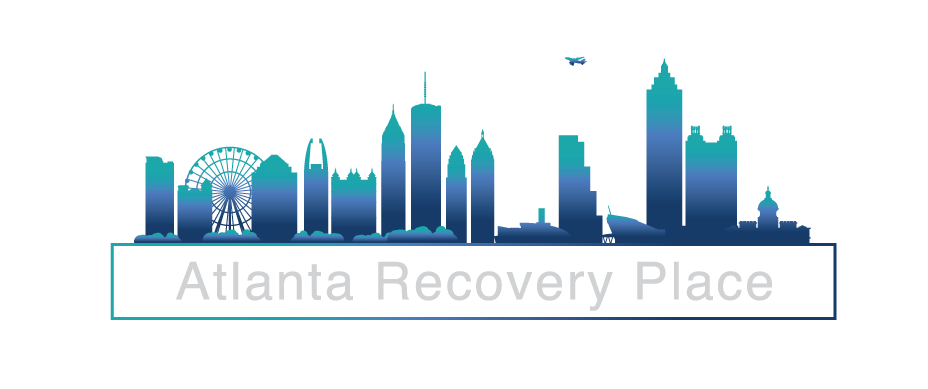The most challenging time of recovery may be immediately following you get out of rehab. You must return to the stressors that initially led you to use. You may also run into old friends you used with and be tempted to go back to your old ways.
Often, a rehab facility will recommend that you go to a sober living home after recovery so you can make a smooth transition. This article will answer the question, how do sober living houses work so you can determine if it’s the right option for you.
What is Sober Living?
Sober living is defined as living without using drugs and alcohol. It typically applies to people that have overcome dependency issues. It involves moving forward with life without turning to illicit substances.
What Role Does Sober Living Play in Recovery?
Sober living is often the most challenging time of recovery. A person must learn to deal with stressors in a healthy manner and not turn to drugs and alcohol. They must not submit to temptation and go back down the road of addiction.
This stage of rehab often involves taking accountability for your addiction and the harmful behavior that comes with it. It includes positively rebuilding your life. You may need to learn skills to become a productive member of society once again.
How Do Sober Living Houses Work?
Here’s how sober living works.
To be accepted in a sober living facility, you must be active in or have just completed a formal rehabilitation program. Stays are typically a minimum of 90 days, but you can stay as long as you want. Most residents stay 6 – 9 months.
During a stay in sober living, residents undergo therapy. They may also learn job skills that help them become productive members of society.
There are certain rules associated with a sober living stay. These include the following.
- No drugs and alcohol
- No violence
- Residents must undergo random drug screenings
- Residents must be enrolled in a school or outpatient drug program, or they must be employed
- Residents must pay guest dues
- Sexual contact between residents is prohibited
- Residents must participate in support group meetings
- Residents must be generally accepted by an SLH peer group
If residents do not follow the rules, they may be evicted.
There are different types of sober living homes as follows:
- Level One: These are peer-operated homes with minimal requirements for staying.
- Level Two: These are monitored by paid staff and require some sort of therapy.
- Level Three: These are supervised by certified staff and require some therapy.
- Level Four: These are managed by certified staff and require some sort of therapy. In-house clinical facilities are available.
A sober living facility offers several benefits. Residents learn the following skills:
- How to live with others
- How to budget for expenses
- Time management
- Accountability to staff and peers
- Behavioral control
- Life purpose
When a person enters a sober living home, they may start with a restrictive phase where they won’t interact with anyone or have many responsibilities. Gradually, they will begin to interact with others, attend therapy sessions, and do chores. Over time, they will become more inclined to go out into the world and perform tasks.
How to Find a Sober Living Facility in Atlanta, GA
If you think an Atlanta sober living facility is suitable for you, the best way to enter is to be referred by a rehab center. The center will help you get set up, and they will be able to confirm that you are enrolled in or have just completed their program.
Atlanta Recovery Place is a Georgia rehab center that refers patients on to sober living. We can help you find the aftercare option that is best suited to you. We will see to it that you get the support you need to maintain sobriety.
In addition to sober living referrals, we also provide top-notch service during recovery. We offer comprehensive outpatient detox and therapy. We will get you the tools you need to achieve sobriety.
Addiction is not easy to overcome. Call Atlanta Recovery Center to find out how we can help. We will get you on a path to an improved quality of life.





